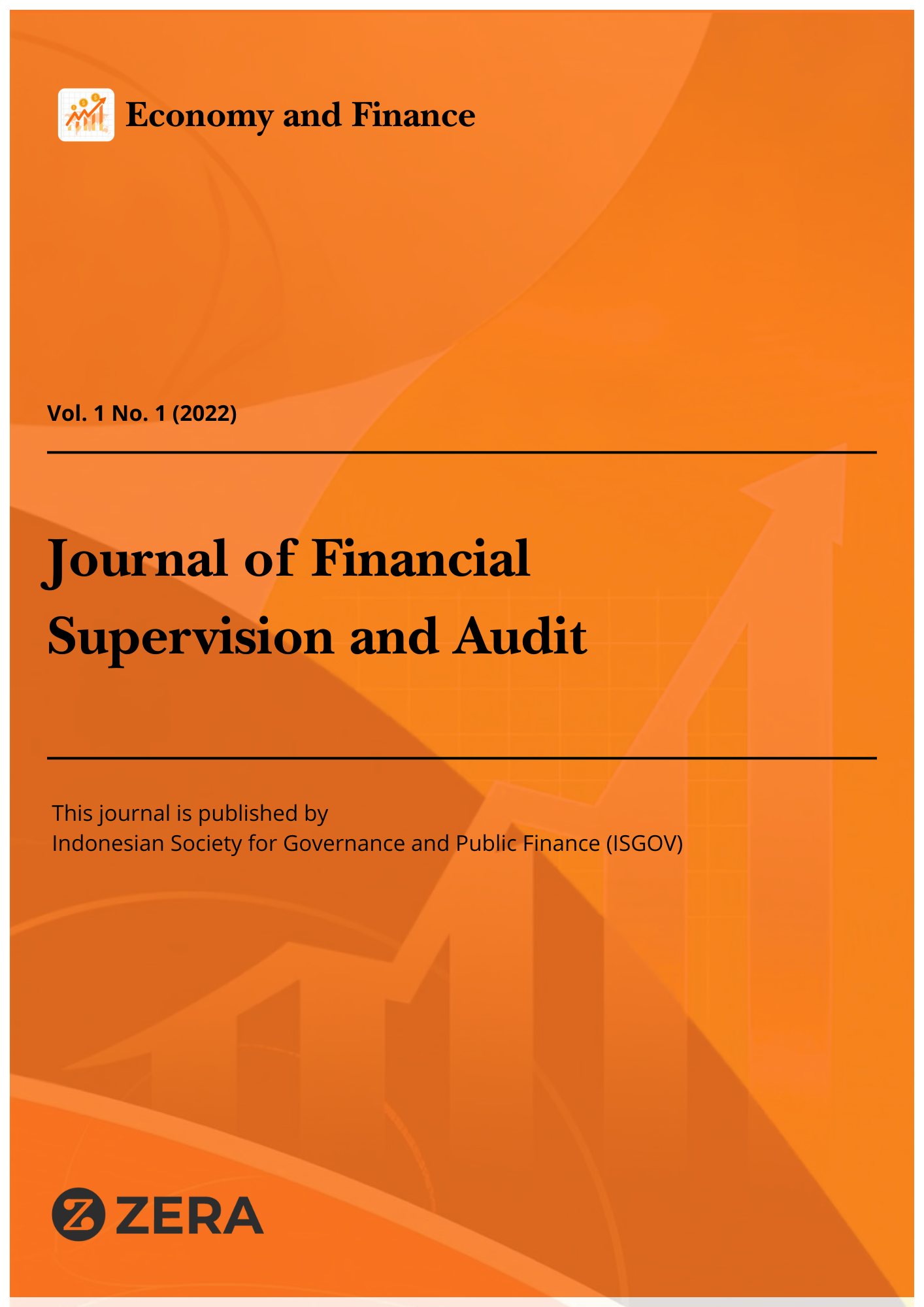Keywords:
Adoption, Financial Reporting Quality, IFRS, Regulation, TransparencyAbstract
This research aims to provide a thorough assessment of the implications of adopting international financial accounting standards, particularly the International Financial Reporting Standards (IFRS), on the quality of corporate financial reporting across nations. Employing a mixed-methods approach that integrates a systematic literature review with empirical evidence, the study investigates how IFRS adoption affects the transparency, comparability, and reliability of financial statements. The results suggest that, in many instances, IFRS implementation enhances the credibility and decision-usefulness of financial reports for investors, regulators, and broader stakeholders. Nevertheless, the study highlights that the outcomes are not universally consistent, as the effectiveness of IFRS largely depends on contextual conditions. Key factors include the strength of regulatory and enforcement systems, the maturity of legal institutions, and the prevailing socio-cultural, economic, and political environments. The study therefore concludes that IFRS should be considered not as a universal solution but as a framework whose effectiveness requires strong oversight, adequate capacity building, and proper local adaptation.


